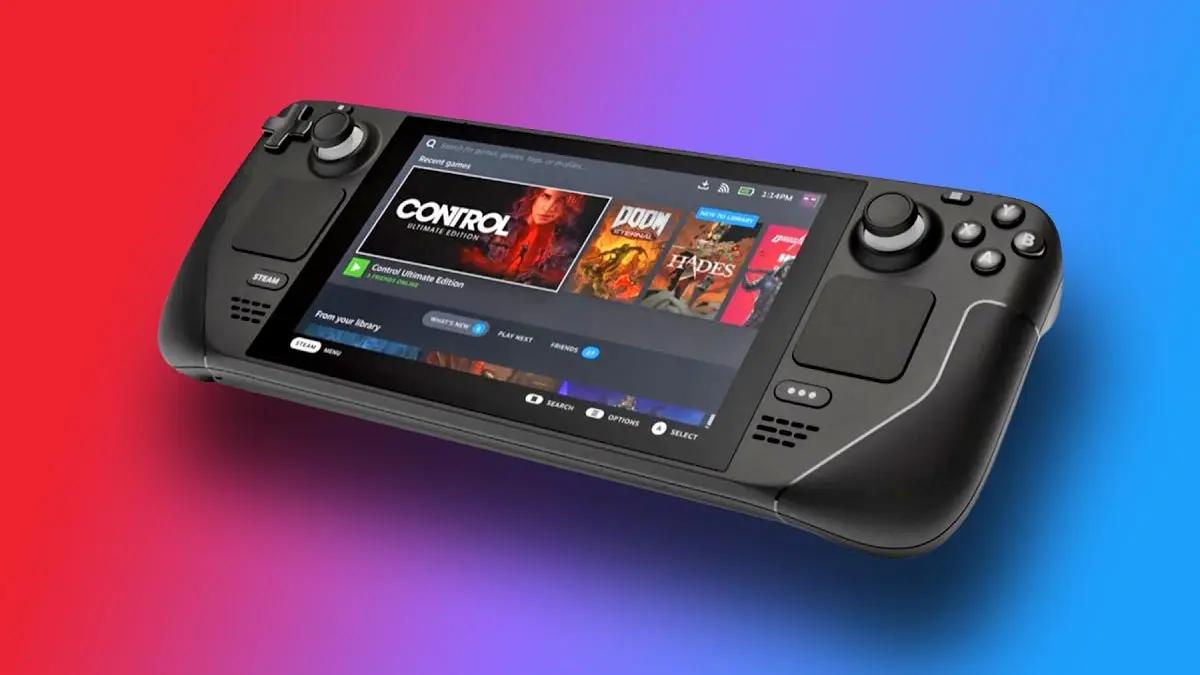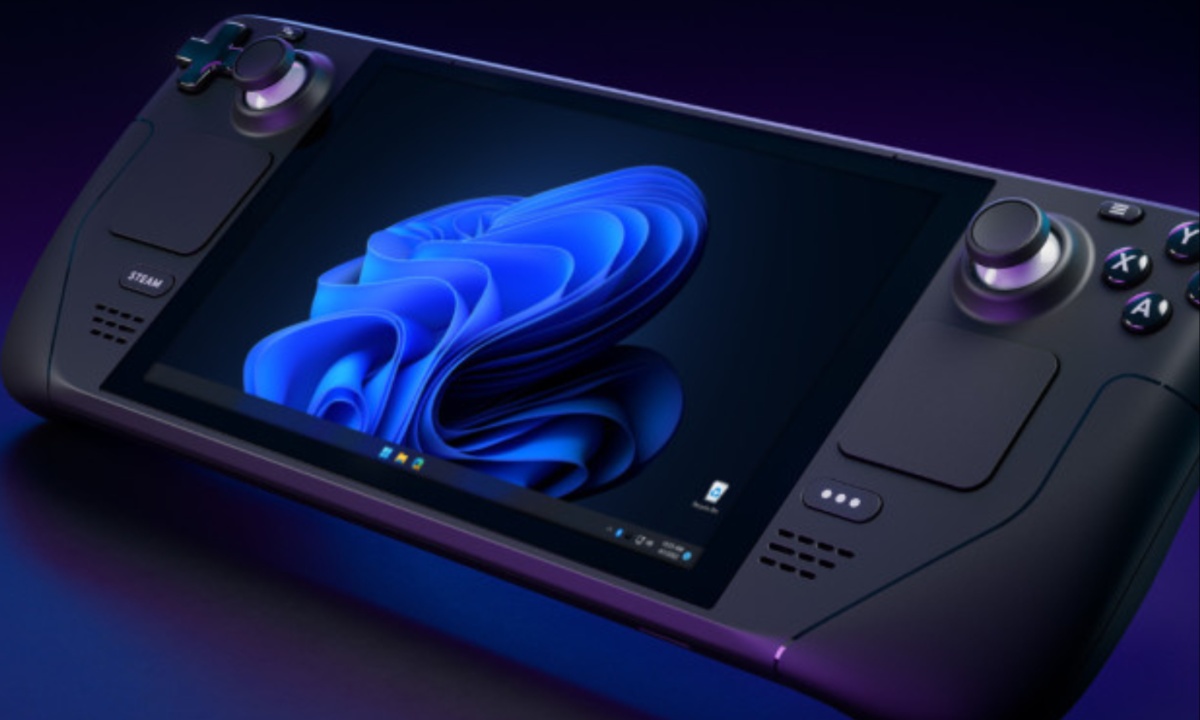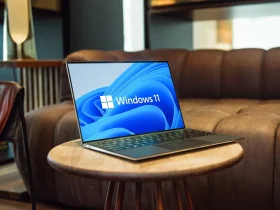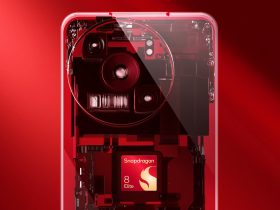Valve has made a clear statement regarding its approach to updating its handheld gaming devices, specifically the Steam Deck. The company is not interested in releasing annual updates that offer only minor improvements. Instead, Valve’s focus is on creating a “generational leap” in performance for the next iteration of the Steam Deck, prioritizing significant enhancements without compromising battery life.
In an interview, Valve’s Lawrence Yang emphasized that the company does not plan to release new versions of the same console each year. He believes that frequent, incremental updates are “unfair” to consumers who invest in the current model. Yang’s comments reflect a commitment to delivering meaningful upgrades rather than simply refreshing hardware with minimal changes.

Valve’s strategy involves waiting for a substantial upgrade in computing power before launching the Steam Deck 2. Yang confirmed that the company is keen to ensure that the next generation of the handheld device brings significant performance improvements, distinguishing it from mere incremental updates. The original Steam Deck, which debuted in February 2022 with an AMD Zen 2 processor, received a limited update in November 2023, mainly enhancing its display with an OLED version.
While Valve is not rushing the development of its next handheld device, the company is actively working on the Steam Deck sequel. In a separate interview, Yang mentioned that the team is applying insights gained from the original model to inform their design and development process. The anticipation surrounding new hardware is growing, particularly with the expected arrival of AMD’s Zen 5 CPU architecture and RDNA 3.5 GPU in upcoming gaming handhelds.
Beyond hardware improvements, Valve is also focused on enhancing the overall gaming experience for Steam Deck users and the wider PC gaming community. They are collaborating with the Arch Linux team to refine the Arch Linux distribution that underpins SteamOS. Additionally, Valve appears to be exploring ways to broaden SteamOS’s appeal, possibly hinting at a general release of SteamOS to attract more developer support.







Leave a Reply